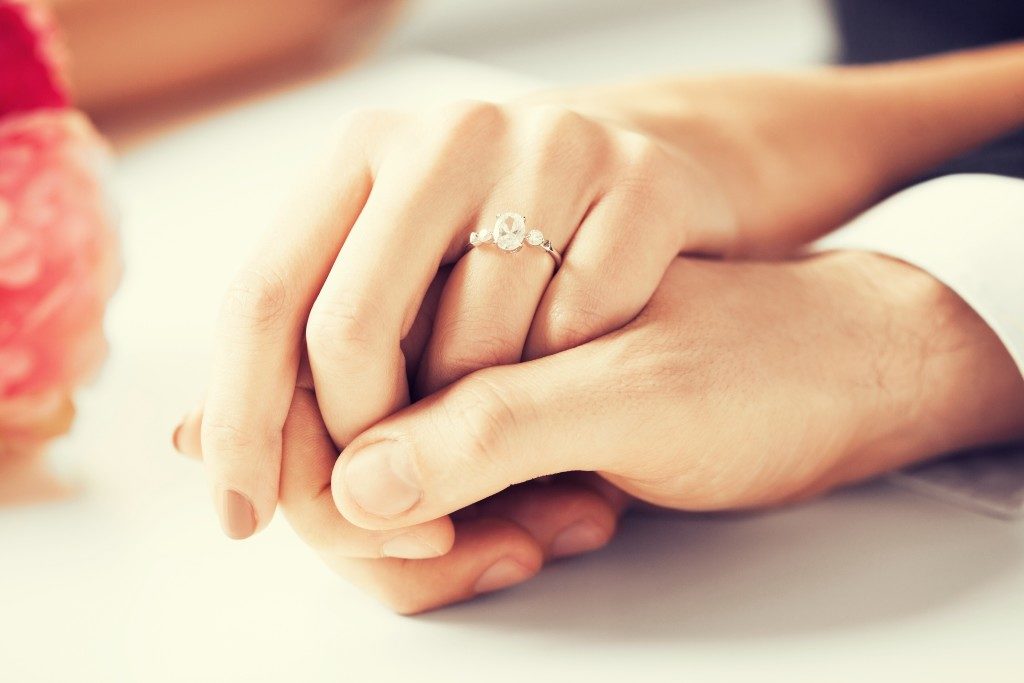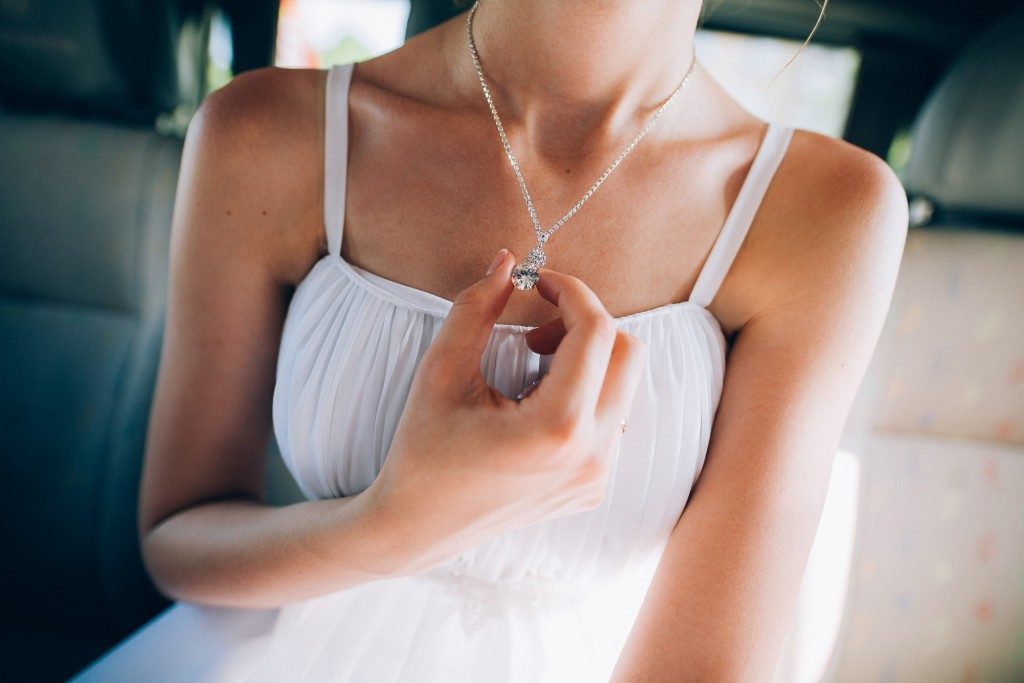Affordable jewelry can look just as shimmery and pretty as expensive ones. They usually come in a wide range of styles, and you can buy as many as you want without breaking the bank. But for special occasions, you cannot sell yourself short by wearing cheap jewelry. It may not be as obvious when you wear one, but in some cases, it could be disastrous.
A wedding proposal is a good example. Getting down on one knee and popping the question is all romantic and dreamy until you put out a cheap, knock-off ring. Although true love isn’t measured by material things, special and once-in-a-lifetime moments like this must be well prepared for. That is why it is important to choose a high-class engagement ring for your proposal night.
Skin May React Badly to Cheap Jewelry
Cheap or fake jewelry can cause rashes, hives, and itchiness to the skin. These allergic reactions can happen to anyone, though it depends on what type of metal one’s skin is reactive to. Plated jewelry is a common culprit because over time, the plating wears out, exposing the nickel beneath and making direct contact to the skin, which can cause irritation.
If your skin is being reactive to your fake jewelry, it would be easy to tell from the marks they leave. It could be a rash around your neck shaped exactly like your necklace, and those red spots behind your ears the same size as your earrings. If you notice those, you should immediately stop wearing your fake jewelry.
How the Skin Affects Jewelry

Certain Metals Corrode From Acid Found on Skin
Copper is one of the metals that corrode from acid. Other metals that react badly to acid are silver and nickel, which are both often used to make jewelry affordable. When these metals corrode, skin discoloration will happen, along with tarnishing of the jewelry.
The cosmetic products that we apply to our skins also affect cheap jewelry. Make up, for instance, has chemical components that’s harsh to jewelry metal. When exposed to these chemicals, blackening or smudging of jewelry may occur.
Speaking of corrosion once again, pure 24-karat gold doesn’t corrode, but it’s too soft for a piece of jewelry, so alloys like silver or copper are added. When the alloys react to sweat and corrodes, the pure gold beneath would remain undamaged.
Copper and sterling silver also corrode from salty substances. If you wear a ring with those alloys, simply touching salted nuts or crackers can already corrode your jewelry.
If you own fake jewelry, it is suggested that you don’t wear it often, unless you’re willing to put in more effort to be able to use them frequently. Applying absorbent powder-free zinc oxide on the areas of your skin where you wear jewelry can fight corrosion. Coating the jewelry with clear nail polish can also protect it against corrosion.
The facts shared above emphasize the importance of choosing authentic jewelry pieces. Aside from being safer to use, they are highly valuable and can last a lifetime. Special moments would be made more significant when you have real jewelry to serve as a symbol of great memories.

